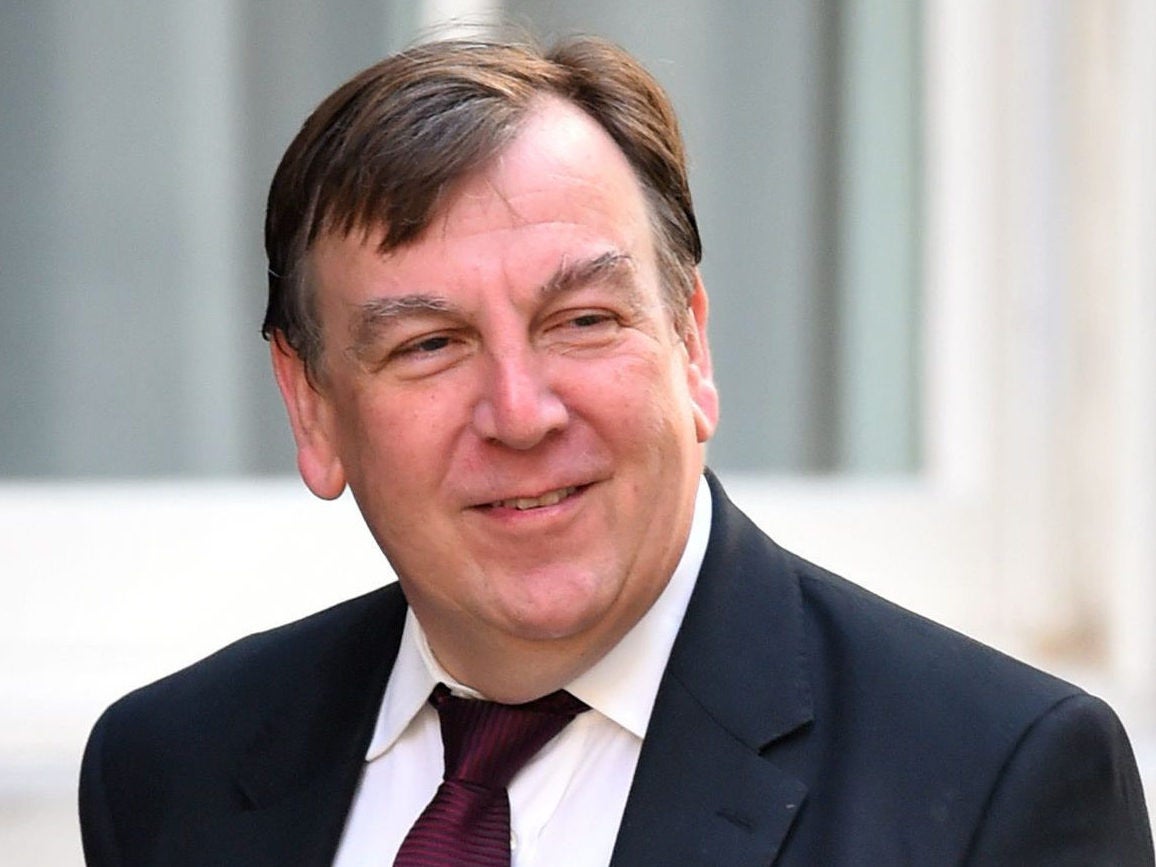
The BBC has been told it has a duty to report on local issues and not just to reflect the views of the “metropolitan bubbles” of London and Manchester.
Culture Minister John Whittingdale (pictured) addressed plans to cut hundreds of jobs at the BBC including 450 across radio, TV and online at BBC England.
Regional current affairs programme Inside Out is among the casualties, although it is being replaced with a new long-form investigative journalism programme produced from six hubs.
A further 150 jobs are expected to be lost across Wales, Scotland and Northern Ireland while 520 roles are set to be cut at BBC News.
Speaking in the Commons, Culture Minister John Whittingdale said: “As the national broadcaster, the BBC has a duty to represent all of the nation, both its youngest and oldest citizens no matter where they live and I am aware that many people have expressed concerns about cuts to regional programming as well as the BBC‘s recent announcement of staffing reductions.
“Let me be clear – both operational and editorial decisions are a matter for the BBC. It is an independent body and the Government rightly has no say in the day-to-day decisions it makes on programming, staffing or the administration of the licence fee.
“But as I have said, including during a recent adjournment debate, the Government believes that the BBC must represent all of Britain. We set clear targets for news and current affairs and the need to represent to all parts of the UK in the Charter as part of the BBC‘s mission and public purposes.
“It is for the BBC and Ofcom to hold it to account on doing so. That means engaging and reporting on local issues across our diverse communities, not just reflecting the views of the metropolitan bubbles of London and Manchester.”
Whittingdale said that although the BBC is “under financial pressure like many other organisations”, it does receive a total income of around £5bn.
“And it is certainly the case that there are ways of achieving efficiencies and savings in the spending of that budget which would have perhaps meant that some of the more difficult decisions, such as the removal of the over-75, could have at least been mitigated,” he said.
Labour MP Christian Matheson said: “Cuts to the BBC as everyone in this chamber knows are not merely about spending, but undermining the corporation’s independence. The party opposite is at best relaxed about reducing the BBC‘s budget because it’s the only lever the Government has to control its capacity to ask tough questions on behalf of the British people.”
He added: “The cuts we’ve seen to BBC news reporting and all the redundancies in local and national news at a time of national crisis when the BBC is more valued and more essential than ever are a direct result of the Government’s failure to maintain their election promises.”
Tory Damian Hinds also raised local programming, adding it was “vital that quality TV and radio at a local level remains at the heart of the BBC output”.
John Whittingdale replied: “It is up to the BBC, but as I have made clear before and I say so again today, I regard the BBC‘s news and current affairs reporting of events taking place outside of London and in the regions as an absolutely central part of the BBC‘s purpose and I very much hope that they will continue to bear that in mind.”
Whittingdale acknowledged the hundreds of PAYE workers at the BBC and elsewhere in the media who are “finding it difficult” because they fell through the cracks of the Government’s Covid-19 support schemes.
He said: “Of course we continue to look at see what help can be given to them.”
Picture: Dominic Lipinski/PA Wire
Email pged@pressgazette.co.uk to point out mistakes, provide story tips or send in a letter for publication on our "Letters Page" blog
